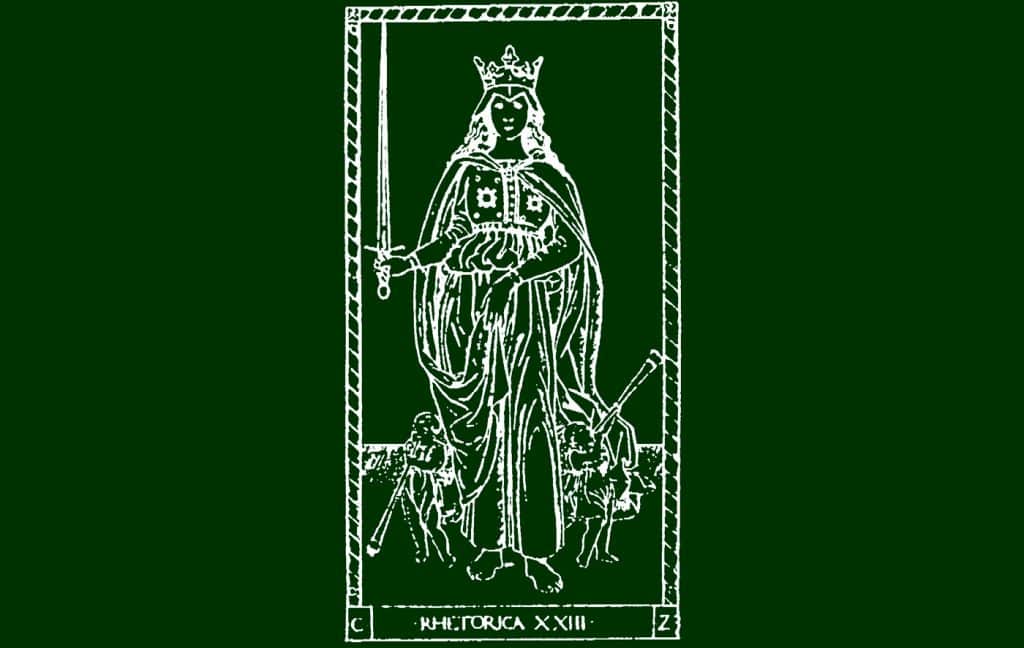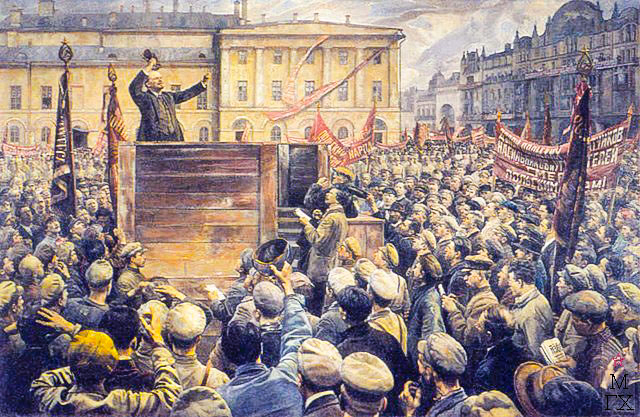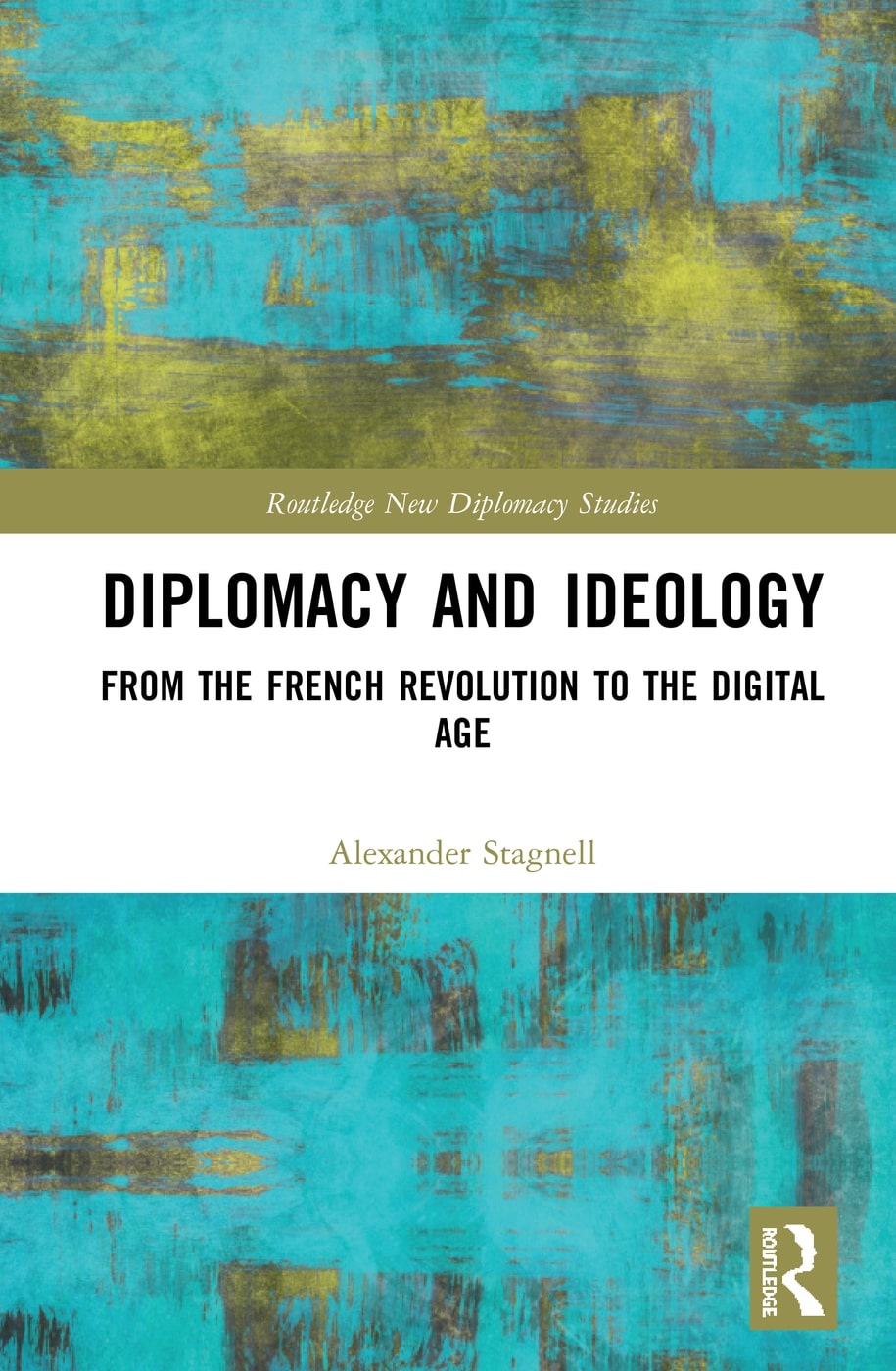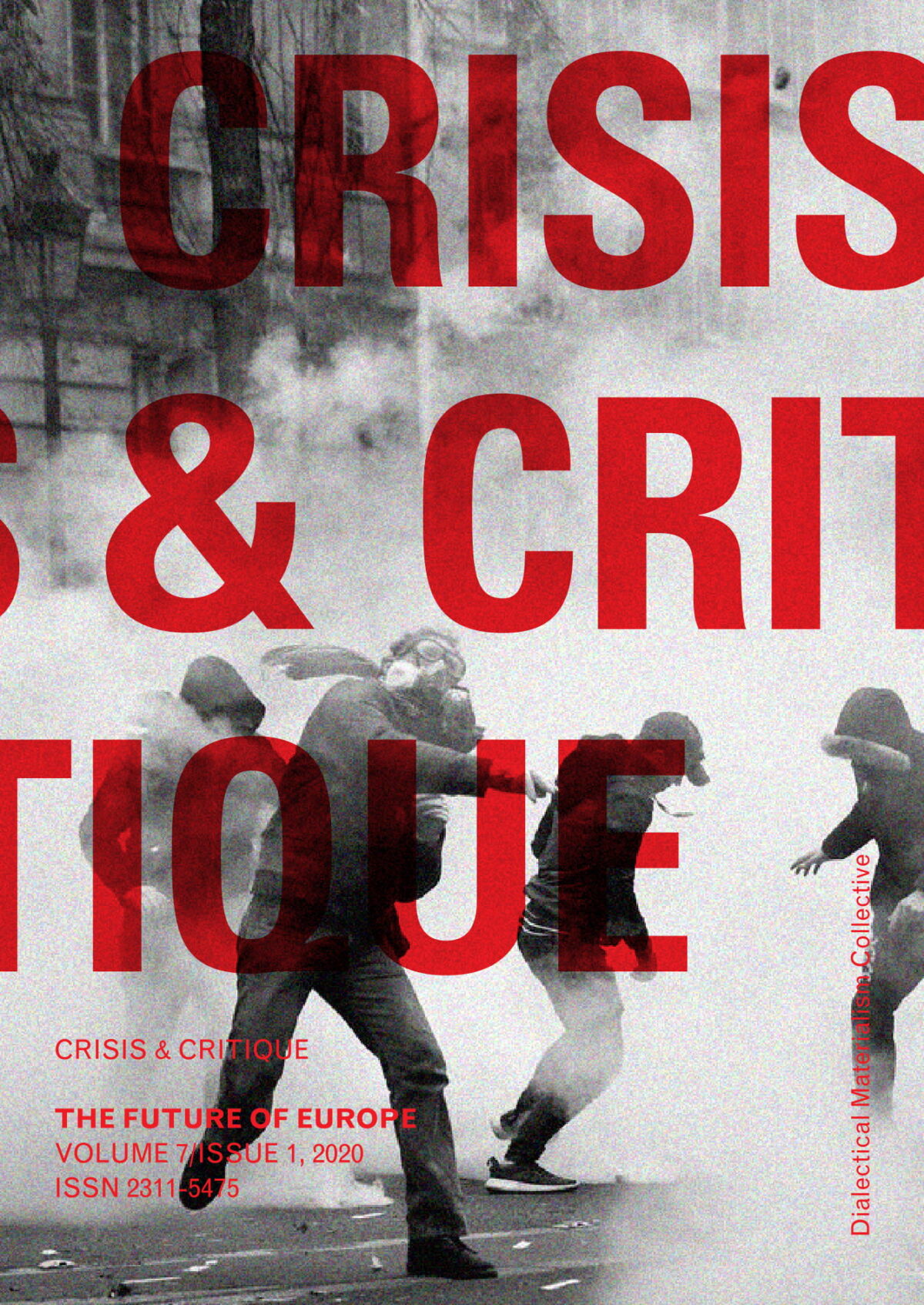I recently wrote an article in Swedish treating the problem of representation through the shared history of diplomacy and rhetoric. The article is now available in volume 81 of Rhetorica Scandinavica, a Nordic journal in Rhetorical Studies. In the article, I take on the joint problem of representation through an investigation into its different solutions, taking us from Plato’s and Aristotle’s critique of the sophists, through Demosthenes’ and Aeschines’ joint effort to create peace between Athens and Philip II of Macedon, to Rousseau, Kant, and contemporary scholars studying diplomatic rhetoric. In Kant’s idea of perpetual peace and Perelman’s concept of a universal audience, I discover what we might
call modernity’s answer to this ancient problem, the acceptance of what in Hegelian parlance could be called the bad infinity of diplomatic and rhetorical communication. Finally, and by contrast, I look to Lacan’s use of the diplomat as an illustration of the limits of representation, allowing for a discussion concerning the possibility of avoiding the endless dialectic of trial and error.
Blog
New research project
Beginning with the spring semester of 2021, I will be working on a new research project which just received funding from The Foundation of Baltic and East European Studies. The project is entitled Post-Communist Communism in Eastern Europe: A Rhetorical History of The Ljubljana School of Psychoanalysis and aims at investigating so-called post-communist communism as it is developed by members of the Ljubljana School of Psychoanalysis in general and Slavoj Žižek in particular. This will be achieved by focusing on how the concept of communism is rhetorically formed through the school’s analysis of the concept’s historical actualization in Eastern Europe and through their critique of our present ailments, relating it to their thoughts concerning the nature of the political idea.
Diplomacy and Ideology available now
After some delay, Diplomacy and Ideology: From the French Revolution to the Digital Age is now available from Routledge in physical form. The book treats the concept and history of diplomacy. Taking as a starting point the prevalent ideas that diplomacy either is an inherent and inescapable trait of human society or a practice that evolved in tandem with the modern nation state, this book argues that diplomacy proper emerged in and through the French Revolution. Furthermore, by following the evolution of diplomacy from the glorious Revolution to our digital era, the book also argues that this event also came to mark three of diplomacy’s most fundamental problems: its ambiguous name, its impending death, and the failure of representation.
The book is divided into four thematic parts. The first presents the central concepts and theoretical perspectives derived from the work of Slavoj Žižek, focusing on his understanding of politics, ideology, and the core of the conceptual apparatus of Lacanian psychoanalysis. There then follow three parts treating diplomacy as archi-politics, ultra-politics, and post-politics, respectively highlighting three eras of the modern history of diplomacy from the French Revolution until today. The first part takes on the question of the creation of the term ‘diplomacy’, which took place during the time of the French Revolution. The second part begins with the effects on diplomacy arising from the horrors of the two World Wars. Finally, the third part covers another major shift in Western diplomacy during the last century, the fall of the Soviet Union, and how this transformation shows itself in the field of Diplomacy Studies. The book argues that diplomacy’s primary task is not to be understood as negotiating peace between warring parties, but rather to reproduce the myth of the state’s unity by repressing its fundamental inconsistencies.
New article in Philosophy & Rhetoric
Recently I published the article “Slavoj Žižek and Dialectical Sophistics: On the Relationship between Dialectical Philosophy and Philosophical Rhetoric” in the journal Philosophy & Rhetoric. The article constitutes an attempt to approach the problem of so-called post-truth (and the critique against rhetoric that comes with this concept) through a reading of the problem of the sophist in the works of Barbara Cassin and Alain Badiou. The starting point is Slavoj Žižek’s depiction of the ongoing debate between Badiou and Cassin as stained by sexual difference, allowing for an attempt to develop a way out of the dead-end of post-truth through the disavowed truth that sustains the antagonism between philosophy and sophistry.
My book Diplomacy and Ideology available as eBook
Due to the ongoing Corona crisis, the publication of my book Diplomacy and Ideology: From the French Revolution to the Digital Age has been delayed. However, it is now available as eBook from Routledge. In this book, in which I treat the concept and history of diplomacy, I argue that it has become one of the central Ideological State Apparatuses of the modern democratic nation-state.
The book is divided into four thematic parts. The first presents the central concepts and theoretical perspectives derived from the work of Slavoj Žižek, focusing on his understanding of politics, ideology, and the core of the conceptual apparatus of Lacanian psychoanalysis. There then follow three parts treating diplomacy as archi-politics, ultra-politics, and post-politics, respectively highlighting three eras of the modern history of diplomacy from the French Revolution until today. The first part takes on the question of the creation of the term ‘diplomacy’, which took place during the time of the French Revolution. The second part begins with the effects on diplomacy arising from the horrors of the two World Wars. Finally, the third part covers another major shift in Western diplomacy during the last century, the fall of the Soviet Union, and how this transformation shows itself in the field of Diplomacy Studies. The book argues that diplomacy’s primary task is not to be understood as negotiating peace between warring parties, but rather to reproduce the myth of the state’s unity by repressing its fundamental inconsistencies.
On Diplomacy and War in Europe
I recently contributed to a special issue of Crisis and Critique on the future of Europe. The questions, as posed by editors Frank Ruda and Agon Hamza, revolved around the role of crisis in Europe: is it permanent? Is it worsening? Have we become complacent living within a state of permanent crisis? In the text I approach some perspectives on the philosophy of peace and war, trying to work out the role of diplomacy in the conservation of the modern nation state. The full text is available here and includes interesting contributions from, among others, Slavoj Žižek, Wolfgang Streeck, and Judith Balso.





